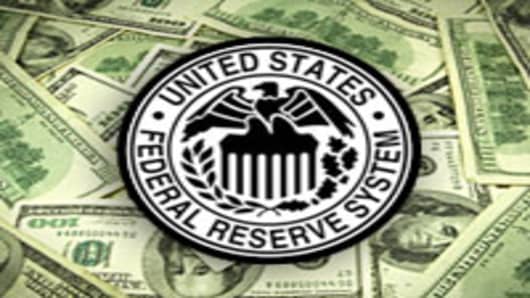Warren Mosler is one of the founder fathers of Modern Monetary Theory, a heterodox school of economic thinking the breaks from both classical and standard Keynesian economics. This is the second first of a three part series by Mosler looking at the Fed from an MMT perspective. Part I is here.
Today I'd like to address the dollar swap lines extended by the Federal Reserve to the European Central Bank and other foreign central banks.
My criticism is that the lines are represented to Congress as secured lending, when in fact, for all practical purposes, the Fed is engaging in what is, functionally, unsecured lending to these foreign central banks.
The way the swap lines work, for example, is the Fed lends dollars to the ECB, which the ECB then lends to its member banks. And while the ECB gives the Fed euros as collateral, the way that happens, operationally, is the ECB credits the Fed's account at the ECB for the amount of those euros. That's like lending someone dollars who pledges his watch as collateral for the loan, but gets to wear his watch and lives in a foreign nation outside of your jurisdiction.
If any Fed member commercial bank tried to classify such a loan as secured, federal regulators would surely disallow that classification.
Additionally, the ECB is not formally 'backed' by the euro member nations. It is more like a 'shell company' that has only it's current assets as equity.
This is not to say the loans advance via the swap lines are not safe loans that will most likely be repaid. It is to say the Fed is misrepresenting those loans as fully secured when addressing members of Congress. And it is ultimately up to Congress to decide if it's appropriate to lend unsecured to foreign governments.
Questions? Comments? Email us atNetNet@cnbc.com
Follow John on Twitter @ twitter.com/Carney
Follow NetNet on Twitter @ twitter.com/CNBCnetnet
Facebook us @ www.facebook.com/NetNetCNBC


